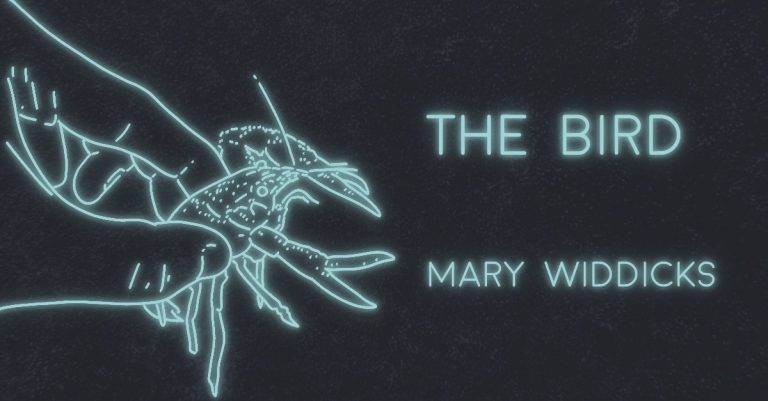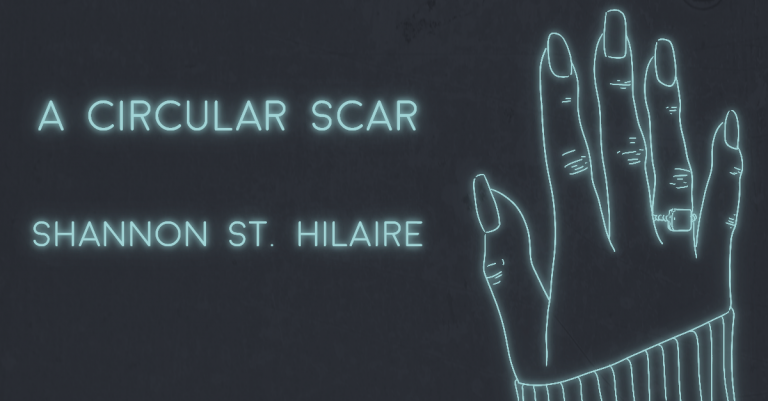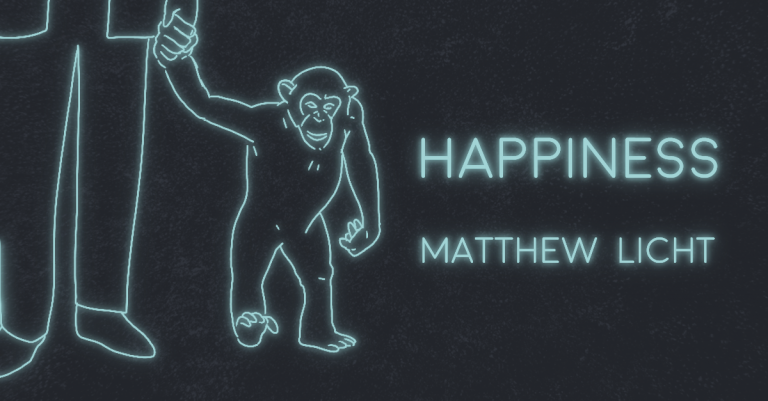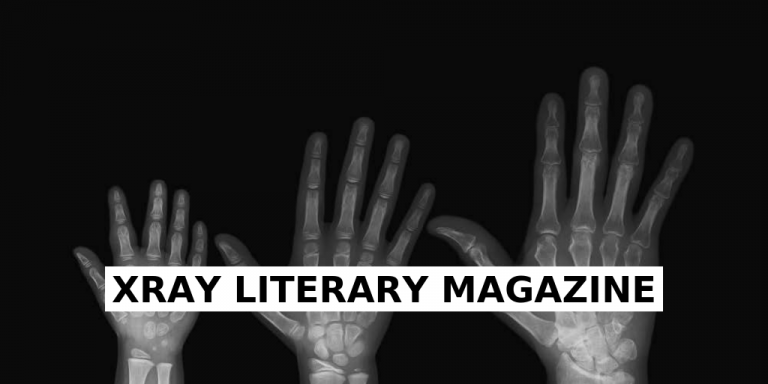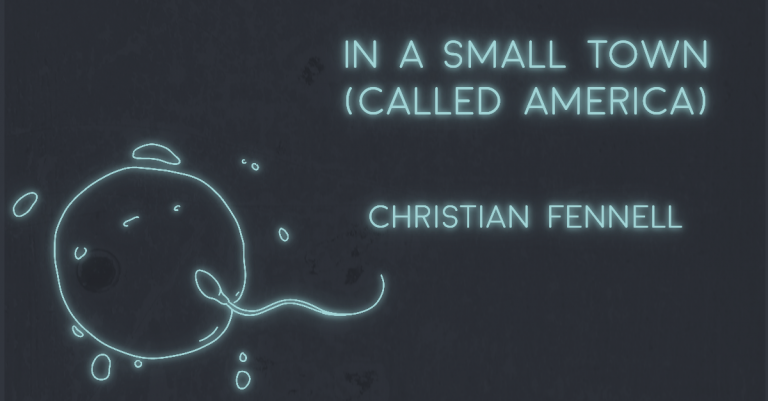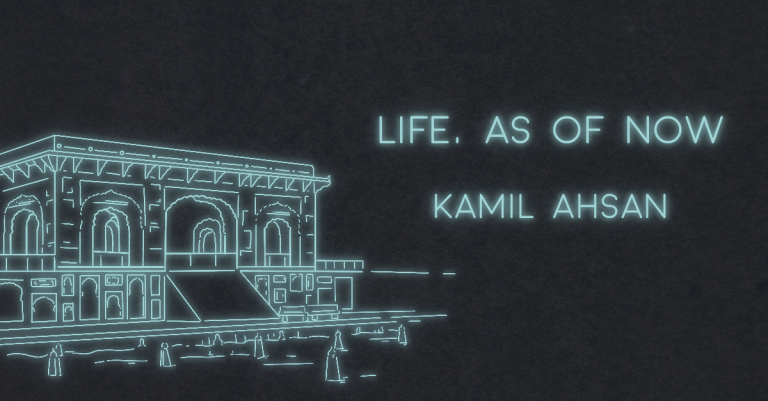
IRENE by Sarah MW
“Fancy a bite of my banana, Miss?” Teenage faces have a soft bluntness to them, a button-like quality as they wait to be chiseled out to their full adult contour. Joe’s face was the same, though unlike the others it sported a uniquely impressive beard, far from usual in a fifteen-year-old. He was grisly and monstrous; I heard he’d fucked his way through most of the pretty girls in year ten and eleven. Simpering, gum-chewing girls with clotted mascara and deep-set insecurities. He swung back, all too pleased with himself in his plastic chair, forcibly recumbent, legs wide like a

